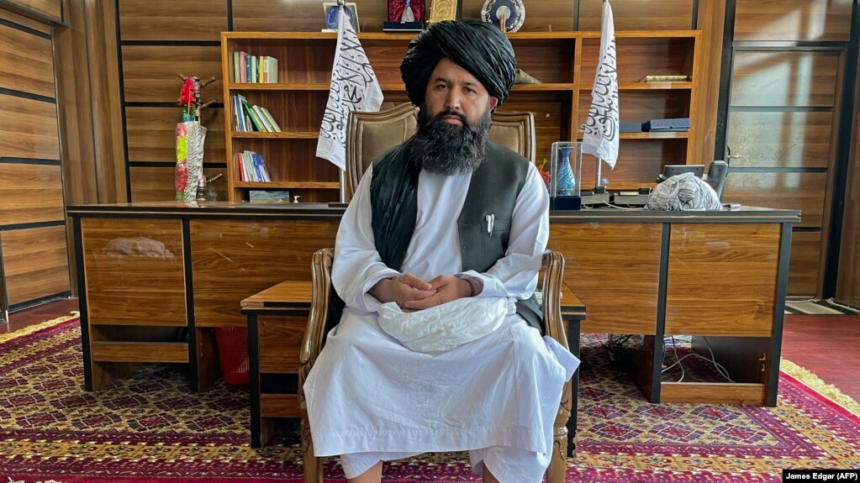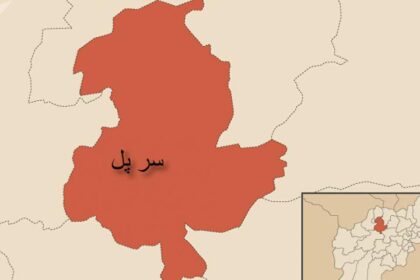RASC News Agency: Amid increasingly visible fractures within the Taliban’s top leadership, Neda Mohammad Nadim, the Taliban-appointed Minister of Higher Education, has declared that obedience to the group’s supreme leader is a religious obligation. He went further, equating any insult directed at the Taliban’s “Emir” with an insult against the Prophet Muhammad, claiming that the leader serves as the Prophet’s caliph. Speaking at a seminar titled “Clarification of the Decree on the Prohibition of Harmful Customs” recently issued by the Taliban’s reclusive leader, Hibatullah Akhundzada Nadim stated:
“It is forbidden to insult the Emir of Muslims or to stand in defiance of him. Respect for the Emir is obligatory for every Muslim. The Emir is the Caliph of the Prophet of God; to insult him is to insult the Prophet himself.”
He further asserted that appointing an Emir is a divine imperative and that Muslims are not permitted to live even an hour without one.
“The Emir’s first right over Muslims is their obedience this is the command of God and a religious duty,” Nadim emphasized.
These comments come at a time of intensifying internal strife among Taliban factions particularly between the Kandahari core aligned with Akhundzada and the Haqqani network, whose members have grown increasingly critical of his autocratic leadership. Sirajuddin Haqqani, the Taliban’s acting Minister of Interior and a prominent voice within the Haqqani faction, has emerged as one of the most visible critics of Akhundzada’s governance style. His sharp disagreements with the supreme leader reportedly led to his prolonged public absence in recent months.
Nevertheless, Haqqani reappeared at a high-level security conference in Kandahar, chaired by Akhundzada himself. Insider sources reported that during the meeting, Haqqani openly challenged the leader’s approach, warning that his policies were driving a wedge between the Taliban and the public. According to these sources, Haqqani cautioned that continued repression and political stagnation could lead to a fragmentation of Taliban leadership. Further signs of discord surfaced last week when the Taliban’s Ministry of Refugees released a photograph of Haqqani alongside Abdul Kabir, the acting minister for migration affairs. Yet, no images or reports have emerged in the past three months confirming Haqqani’s active role in the Ministry of Interior a conspicuous absence raising more questions about internal tensions.
As the Taliban leadership clings to religious absolutism to suppress dissent, these internal ruptures reveal a fragile regime struggling to reconcile its extremist ideology with the realities of governance. Calls for obedience may project strength on the surface, but beneath the rhetoric lies a movement increasingly fractured by power struggles and political fatigue.






